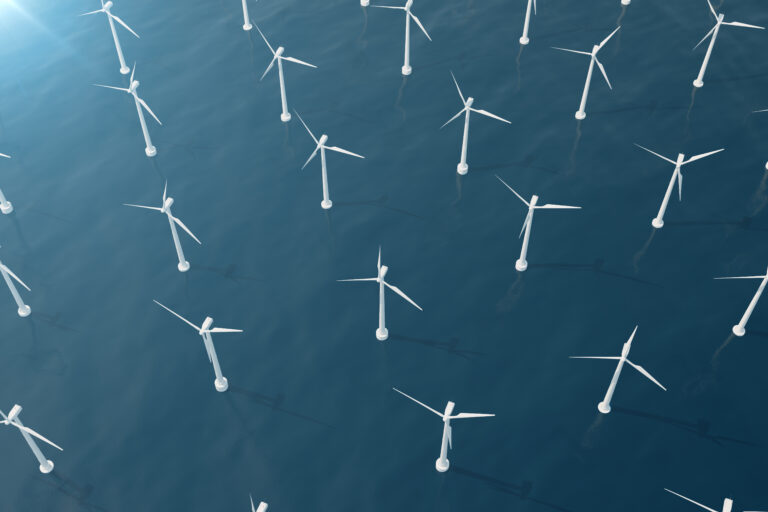A major offshore wind project awarded to global oil and gas company BP, and German energy supplier EnBW, is expected to support up to £10bn of investment in a range of initiatives, including EV charging and skills and opportunities in hydrogen.
Both companies were awarded a lease option for an offshore wind project – to be known as Morven – off the east coast of Scotland following a successful bid in the ScotWind leasing round, the results of which were announced by Crown Estate Scotland today.
The approximately 860km2 lease is located around 60km off the coast of Aberdeen. The E1 lease is in an advantaged area, allowing the partners to develop it as a fixed-bottom offshore wind project with a total generating capacity of around 2.9GW, sufficient to power more than three million homes.
The project is expected to unlock a number of investments across the country, as part of BP’s integrated energy company approach, leveraging its existing North Sea infrastructure, skills and relationships and EnBW’s experience in offshore wind.
These investments include BP using the clean power generated offshore to supply and accelerate the expansion of its EV charging network in Scotland, to around 4,000 public chargers, by 2030, as well as the production of green hydrogen.
BP chief executive Bernard Looney said: “Our plans go much further than just the turbines offshore. They see us investing in projects and in people — from EV charging to green hydrogen — aligned with Scotland’s energy transition plans. This is good business — making disciplined investments and demonstrating what an integrated energy company can do; we can’t wait to get to work.”
As a result of the successful ScotWind bid, the partners will establish their operational centre in Scotland, and BP will make Aberdeen its global operations and maintenance centre of excellence for offshore wind, creating up to 120 new direct jobs. It is expected to contribute up to £40m per year to the economy.
Other investments will be made in infrastructure, ports, harbours and shipyards, including the construction of four ships to support EnBW and BP’s offshore wind projects across the UK, subject to technical and commercial due diligence.
These new-builds will involve an investment of more than £100m and would be expected to support 500 associated jobs. It also triggers additional investment in Forth Ports, which is creating Scotland’s largest renewable hub at the Port of Leith, supporting up to 3,000 direct and indirect jobs in the Forth Estuary net zero corridor.
BP’s wider low carbon activities in Scotland include its Aberdeen city partnership, including an agreement to develop green hydrogen, and its memorandum of understanding with Aberdeen Harbour to reduce emissions and provide low-carbon power.
BP and EnBW are also jointly developing up to 3GW of offshore wind in the Irish Sea — the Morgan and Mona projects — in lease areas for development awarded in the UK’s Round 4 leasing round. According to BP, these developments will be critical in supporting the UK government’s target of producing sufficient offshore wind energy to power every UK home by the end of this decade.





